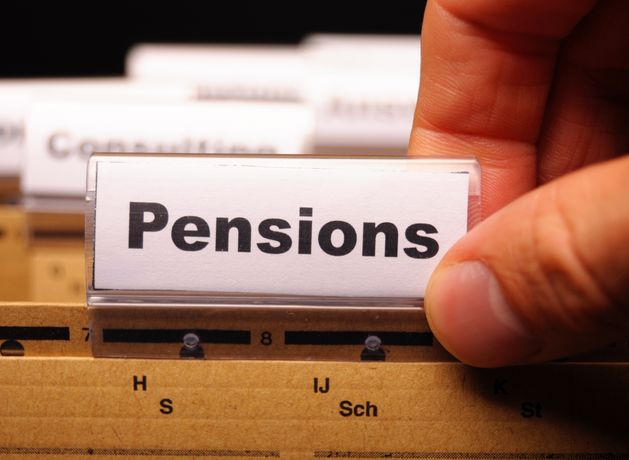@hunter1, back in 2014 Howlin, to force PS employees out in their 50's, dangled the redundancy carrot and raided the pension pot to get PS to retire early. Most of these are now early 60's and utilising the Supp Pensions to top up the pension until the State Pension is available.
Its farcical, Dept of Public Reform brought in the Supp rule requirement, Social welfare have to pay it and vet the claimants for unemployment assistance. Raises the cost for Social Welfare.......
As I just commented on another thread, this "supplementary" pension, which allegedly is there to bridge the gap between the new pension age of 66 from 65, was actually created back in 1995, when no such gap existed. It was clearly not designed for this purpose.
I tracked it back, the entire system is a joke and each time the rate of the state pension increases, our occupational pension decreases, so we are left, bizarrely, more dependent on the State Old age pension that we cannot be entitled to because of our age, to make up our "retirement" pension.
